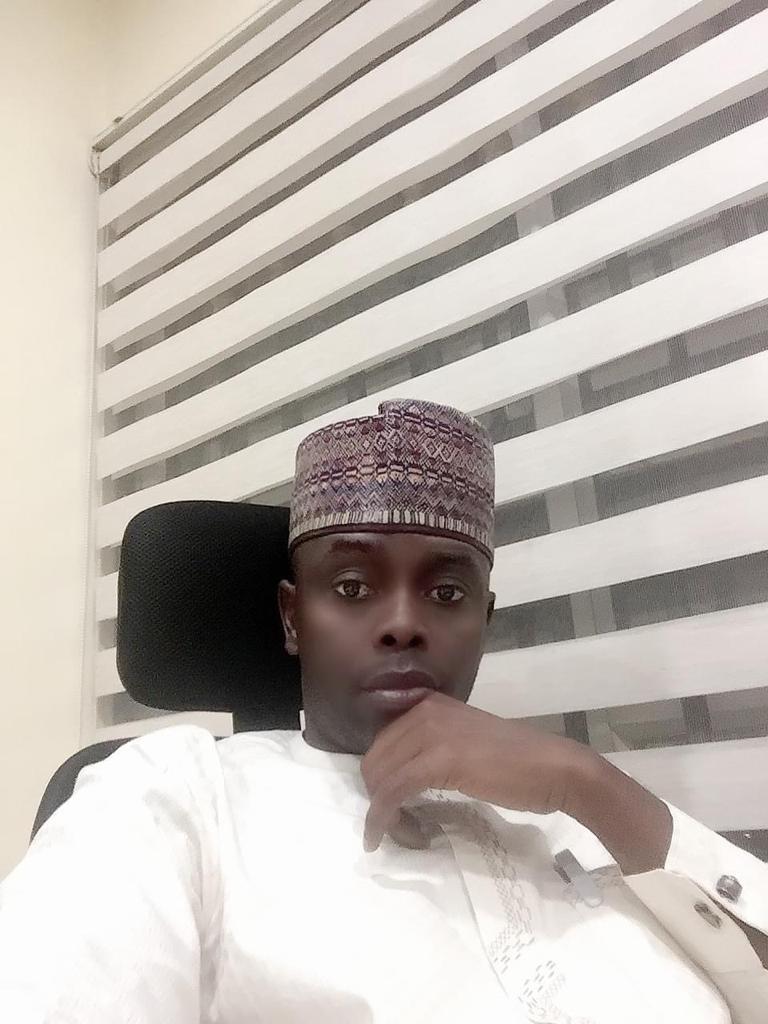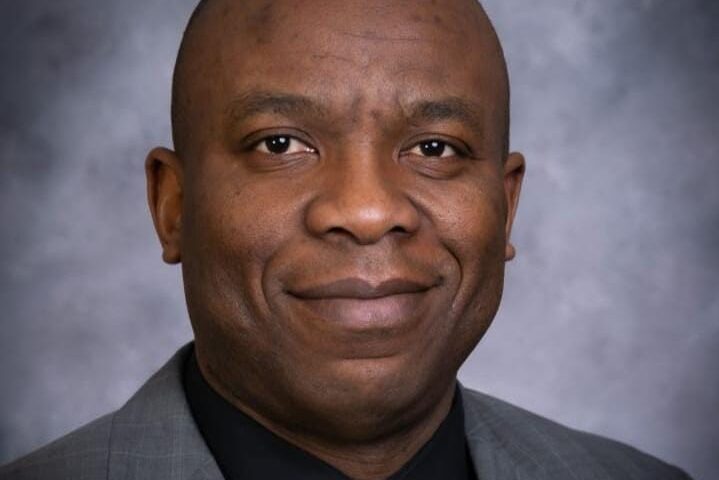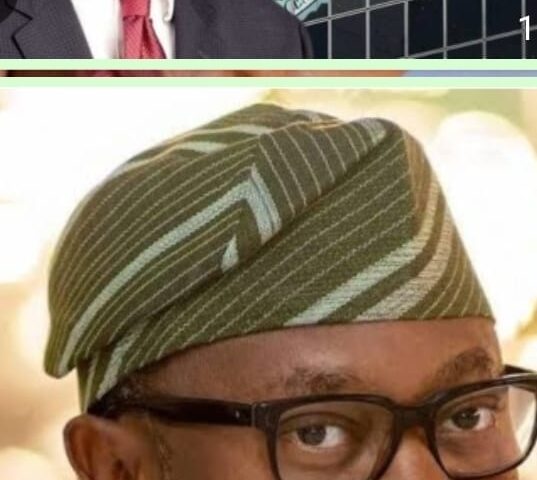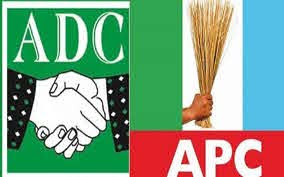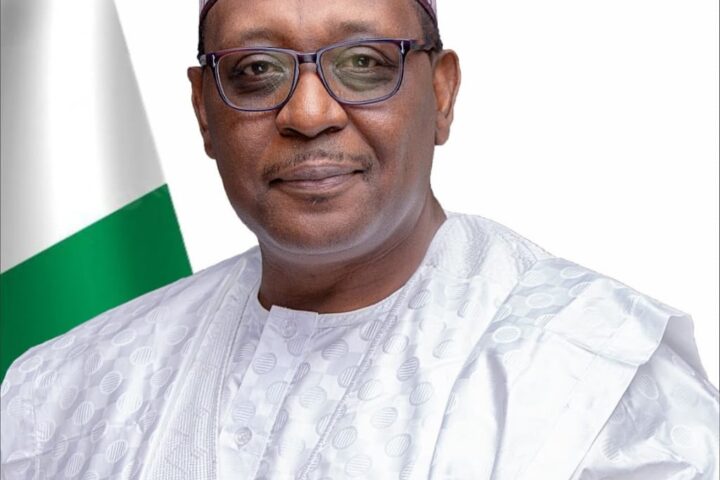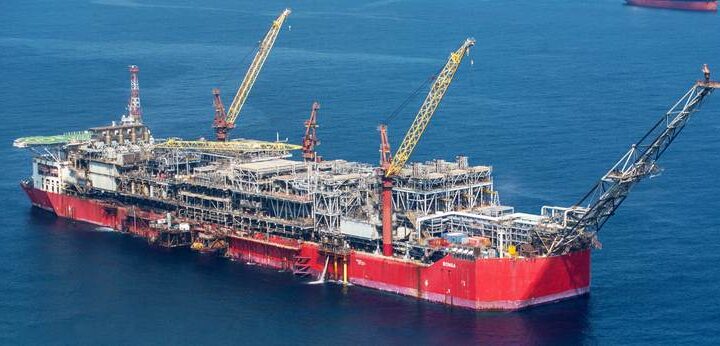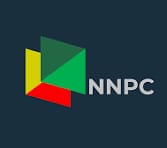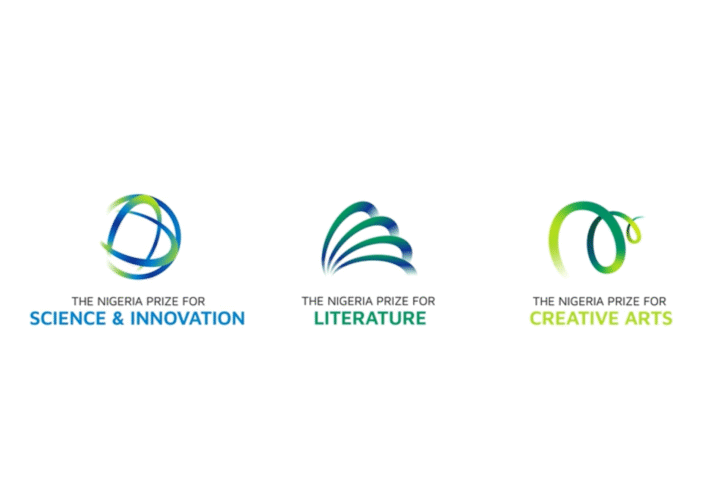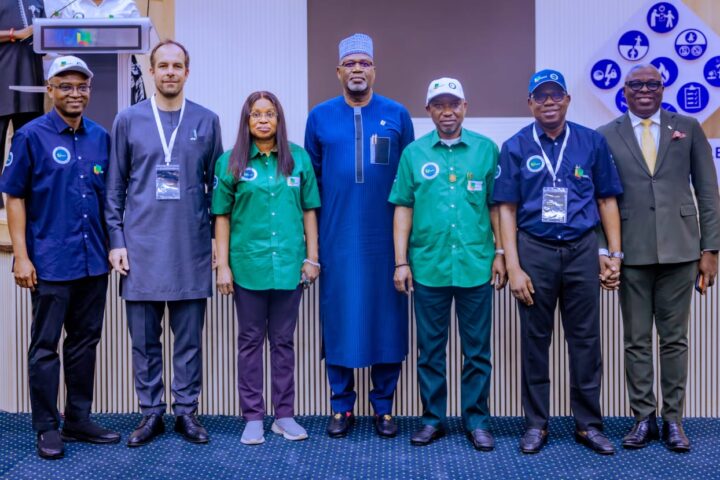By Zayyad I. Muhammad
On Monday, October 17, 2022, Bola Ahmed Tinubu, then presidential candidate of the All Progressives Congress (APC), participated in a landmark engagement with the Arewa Joint Committee in Kaduna.
Organized by prominent Northern organizations, including the Arewa Consultative Forum (ACF), Sir Ahmadu Bello Memorial Foundation, and the Northern Elders Forum, at Arewa House offered presidential hopefuls an open, sincere platform to present their vision for the region.
That 2022 event stood out as one of the most impactful political engagements of the 2023 election cycle. Tinubu appeared in person and responded to difficult, unfiltered questions on pressing Northern issues such as insecurity, youth unemployment, education, and economic development. The openness of the session gave many Northerners a renewed sense of belonging and relevance in the national political space.
Fast forward to July 28–29, 2025. The Sir Ahmadu Bello Memorial Foundation convened another 2-Day Interactive Programme at the same venue, Arewa House, with the theme: “Assessing Electoral Promises: Fostering Government-Citizen Engagement for National Development.” The political context had shifted significantly, public dissatisfaction with the Tinubu administration was rising in the North, the region that gave him over 5.6 million votes and remains the APC’s core support base.
I was invited to this important programme but was initially disappointed to learn I would be unable to attend due to other pressing engagements. I was, however, somewhat relieved upon discovering that, although the event gathered an impressive lineup of nearly 60 high-ranking government officials, ministers, agency heads, and special advisers, it did not fully live up to its promise of genuine interaction.
Indeed, the programme featured several presentations from top federal appointees who spoke on their ministries’ mandates, policies, and interventions. Some northern leaders and journalists were also in attendance. There was a structured opportunity for questions and answers. However, the session lacked the depth of citizen engagement and spontaneity that defined the 2022 encounter. The atmosphere was noticeably more formal, with limited room for robust public participation or unscripted feedback.
Many of those in attendance expected an open, townhall-style conversation, one where citizens could express their concerns directly to those in power. Unfortunately, that did not happen. While a few questions were entertained, they were tightly moderated and did not allow for meaningful back-and-forth. The voices of everyday Northerners were largely missing from the conversation.
This shift from an interactive dialogue to a controlled, presentation-heavy format was more than a missed opportunity, it was a strategic blunder. At a time when the administration desperately needs to reconnect with its base in the North, the event could have served as a much-needed platform to rebuild trust, gauge public sentiment, and demonstrate humility.
Instead, it was perceived by many as a routine bureaucratic gathering, officials spoke, photo-ops were taken, the programme ended, and the people were left out.
To be fair, the event was well-organized, and credit must be given to the management of the Sir Ahmadu Bello Memorial Foundation for the professionalism in planning and logistics. But the deeper issue lies with how government and its communication machinery continue to underestimate the power of true civic engagement.
This is a wake-up call. What the North, and indeed all regions, require are platforms where ordinary citizens can ask hard questions and receive honest answers. Events of this nature must be more than ceremonial; they must be substantive, transparent, and people-focused.
If President Tinubu truly wants to speak to the North and not just about it, then spaces must be created where he and his team can listen to the people. The North still has questions, and it still deserves answers.
A stitch in time saves nine.


